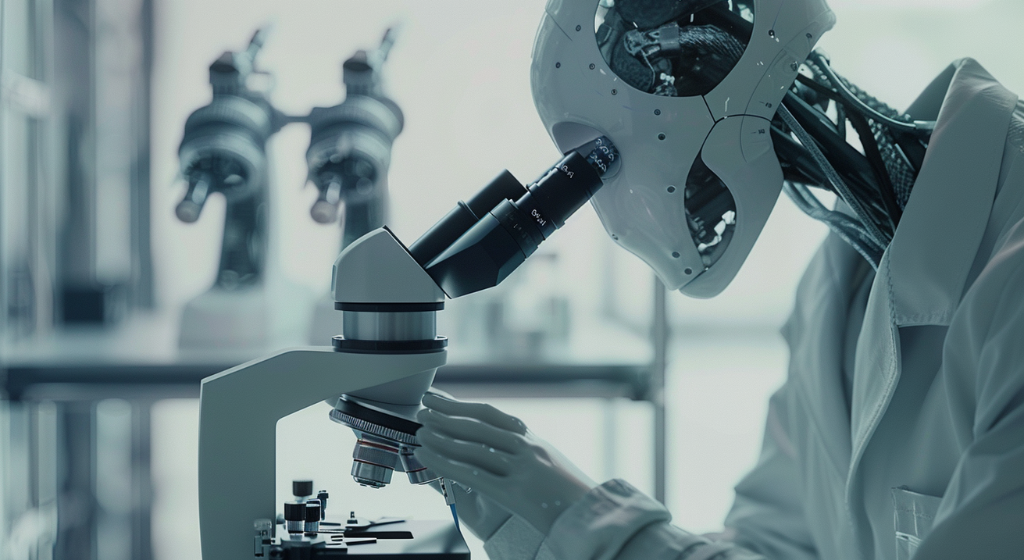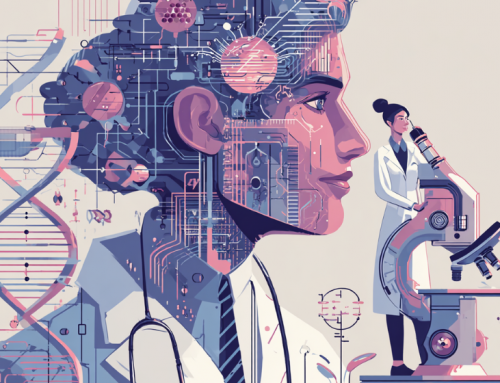
The report, published in the journal Cell, reveals that scientists used an algorithm to mine the global microbial diversity, uncovering nearly 1 million new molecules encoded within this microbial dark matter. (Source: Image by RR)
AI Revolutionizes Antibiotic Discovery, Identifies Thousands of New Candidates
In a groundbreaking study, scientists at the CISPA Helmholtz Center for Information Security used machine learning to predict potential new antibiotics from the global microbiome, a significant advance in AI-driven antibiotic resistance research. Published in the journal Cell, the study details how an algorithm was employed to mine microbial diversity on Earth, uncovering nearly one million new molecules with potential antimicrobial properties. According to study author César de la Fuente, this approach significantly accelerates the discovery process, which would otherwise take many years using traditional methods like collecting water and soil samples.
The urgency of this research, according to a story in theguardian.com, is underscored by the World Health Organization’s warning that antimicrobial resistance caused over 1.2 million deaths in 2019 and could lead to 10 million deaths annually by 2050. While the study marks the largest antibiotic discovery effort to date, de la Fuente also noted the potential misuse of AI in developing harmful toxins. However, safeguards were implemented to prevent such misuse, and the molecules discovered in this study were inert.
Using publicly available genomes and meta-genomes, researchers predicted DNA snippets with antimicrobial activity, synthesized 100 of these molecules, and tested them in the lab. Remarkably, 79% of these molecules could kill at least one microbe, indicating their potential as antibiotics. This data and code have been made freely available to advance scientific research and benefit humanity. De la Fuente hopes further investigations will lead to phase one clinical trials, though that stage is still far off.
The study highlights AI’s transformative potential in antibiotic discovery, with de la Fuente emphasizing the collaboration between humans and machines. While some experts caution against over-reliance on AI, University of Wisconsin-Madison’s Anthony Gitter praised the research for effectively harnessing microbial genomic data and using machine learning to identify and validate valuable antimicrobial peptides.
read more at theguardian.com







Leave A Comment